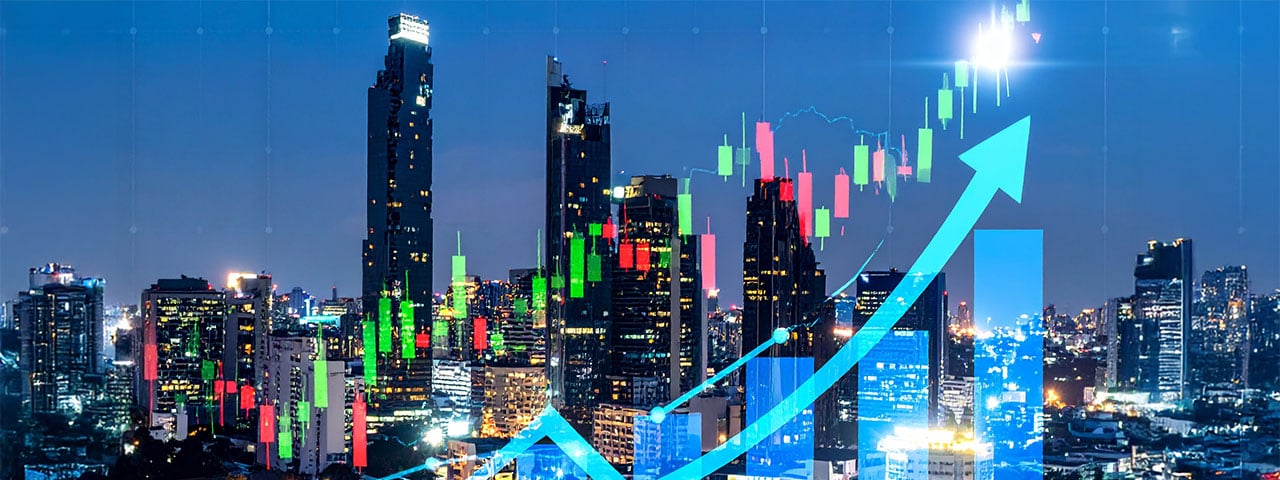Choosing between SEO and PPC for your website is a question as old as Google itself. The right choice depends on your business goals, budget, and market. Both can drive traffic, but they work differently, and blending them often yields the best results. Here’s how to decide what’s best for your small to medium business.
What Is SEO and Organic Traffic?
SEO (Search Engine Optimization) earns organic traffic—clicks from non-ad search results. When someone searches “best coffee shop” and clicks your site, that’s organic. It requires optimizing content, site speed, and backlinks to rank higher. Google’s Search Generative Experience (SGE) uses AI to deliver dynamic results, so aligning with user intent is key. Adding Schema markup, like FAQ structured data, boosts visibility in rich snippets. SEO is complex, often outsourced, and takes months to show results, but it’s a foundation for lasting growth.
What Is PPC and Paid Traffic?
PPC (Pay-Per-Click) means paying Google to display your ads. It’s simple: bid on keywords, craft ads, and get clicks. But it involves research, optimization, and budget planning. Google’s Performance Max campaigns and Smart Bidding (e.g., Target CPA) use AI to maximize ROI. Video and shoppable ads are also gaining traction. Costs vary—law firms face high keyword prices, while local shops may spend less. PPC’s complexity often leads to outsourcing, but it delivers clicks fast, unlike SEO’s slow build.
SEO vs. PPC: Speed of Results
PPC offers near-instant results. Launch ads, and clicks start flowing, though refining ad copy or landing pages takes weeks. Google’s AI needs three to six months of data to optimize performance fully. SEO, however, is a long-term play. It can take six months or more for organic traffic to grow, as Google crawls and ranks your site. Tools like Google Keyword Planner help align content with intent, but beware of anyone promising quick SEO wins—they’re likely overselling.
SEO vs. PPC: Long-Term Impact
SEO is king for sustained growth. A well-optimized site delivers leads month after month without ad spend. I helped a weight loss clinic rank for local terms, driving steady organic traffic after six months. PPC complements this—some clients maintain a $500 monthly ad budget for consistent ROI. More than half of SMBs combine both for optimal results. But stay vigilant: Google’s algorithm updates or new competitors can spike ad costs or drop rankings, so monitor performance regularly.
Does PPC Boost SEO?
PPC doesn’t directly improve SEO, but it supports it. A site with strong structure, fast load times (meeting Interaction to Next Paint metric), and user engagement signals value to Google. If ad visitors later search your brand, that’s a trust signal. PPC also provides data—bounce rates or form completions reveal user behavior. These tweaks, informed by PPC, enhance organic performance.
When to Prioritize SEO
SEO is essential for any business seeking organic visibility. It’s not one-and-done—it’s ongoing, ensuring your site meets Google’s mobile-first indexing and HTTPS standards. Optimizing for long-tail keywords like “SEO for small businesses” captures niche audiences in 2025’s semantic search landscape. Without SEO, you rely on paid channels, which isn’t sustainable. My post on SEO Does Not Equal Traffic explains why rankings alone aren’t enough—focus on user value.
When to Use PPC
PPC shines in specific cases. Consider it if:
-
Budget allows: You can compete on keywords and afford ad spend.
-
Time is tight: Promote new products or time-sensitive offers fast.
-
Data is key: Test user behavior to refine your site.
-
SEO needs work: Ads bridge the gap while optimizing.
PPC’s data-driven attribution models, like those in Google Ads, track ROI precisely. It’s not a replacement for SEO but a powerful complement.
Your Strategy Going Forward
SEO builds a cost-effective foundation, while PPC delivers quick wins. Together, they maximize impact—fast clicks from ads, lasting traffic from organic rankings. My post on How Long Does It Take To Build a Website? highlights planning for both. Start with PPC for traction, scale SEO for growth, and monitor Google’s AI-driven changes. What’s your first step to boost your website’s performance this year?
Aug 22, 2024 8:14:00 AM
Ready to simplify and succeed? Let’s make it happen—because your business deserves practical, no-nonsense wins. Find me on LinkedIn.


